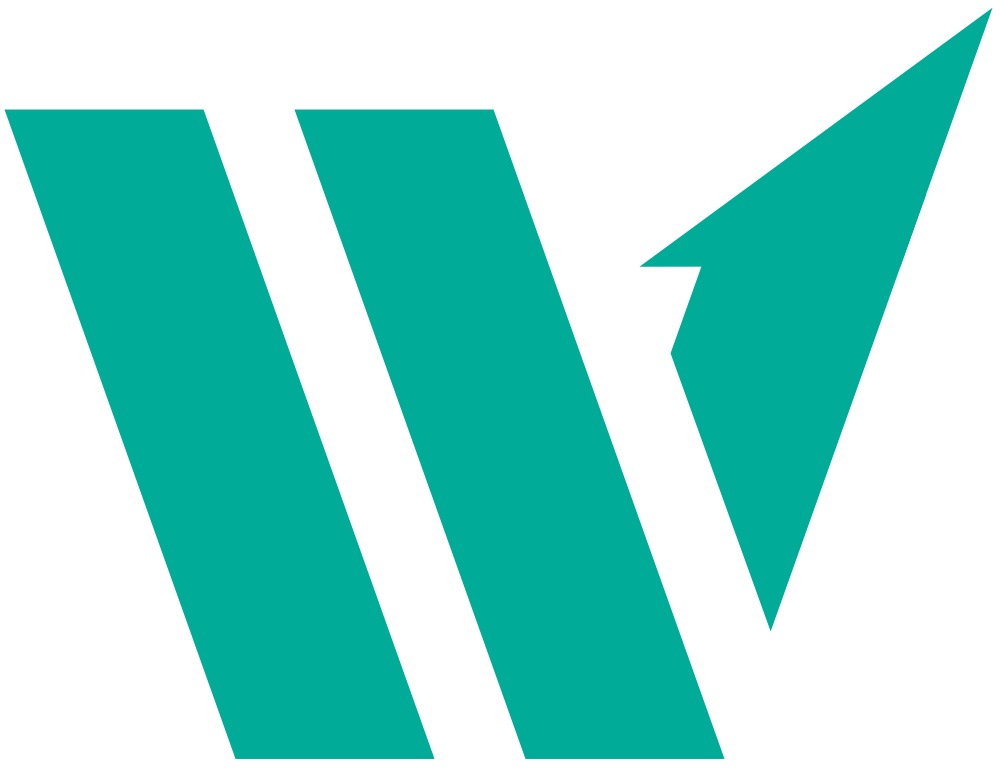I recently had the honor of meeting and learning from Jeff Sutherland, the co-creator of Scrum. He was teaching a Certified ScrumMaster (CSM) course in Palo Alto here in Silicon Valley. Granted, I’ve had my CSM for many years, but it was an excellent opportunity to learn from one of the titans in the Scrum space so I wasn’t passing up this opportunity.
His class made me realize something. Sitting in a lecture and listening is easy, but learning? Learning is hard, and you’re likely not as good at it as you might think. How many of us have attended a two-day seminar, returned to work, and then did nothing differently? By my definition, you’ve learned nothing:
Learning – Knowledge or experiences that eventually lead to a change in behavior.
I adopted this definition from my MBA professor Bret Simmons, and while today’s topic isn’t about agile, it’s just as important. As I wrote about previously, scrum masters are dot connectors. Each dot is a lesson or experience, and each connection is how we apply that learning to benefit our organizations. Further, I fervently believe that a scrum master who’s not learning and evolving is no longer an asset to his or her team. So here are my tips to help become a better learner:
- Write a synopsis. Don’t write what you’ve learned. Instead, write what you intend to do differently when you return to work. Create action items for yourself that you’ll complete when you’re back in the office. Finally, use this list to hold yourself accountable. It should be brief, organized, and to the point. As an example, here’s an excerpt from my CSM training with Jeff.
- Teach it. When you return to work, find a person or group of people to discuss what you learned. The synopsis you crafted will help here. By teaching what you’ve learned, you’ll solidify your training, and it might gain you allies as you attempt to apply any new learnings.
- You get what you put into it. If you think you have nothing to learn from some upcoming training, you’re guaranteed to get nothing from it. It’s the epitome of a self-fulfilling prophecy. Be open minded and be willing to admit that, no matter the topic, there’s always more to learn.
- Contribute. I’m a hard-core introvert, and speaking up in a crowd isn’t easy for me. Nonetheless, I will always come out of my shell from time to time to ask a few questions or to share my experiences with the class if it helps emphasize the teacher’s point.
- Judiciously highlight. I do most of my reading from a Kindle. Whenever I run across passages that make me think, reinforce an important lesson, or is quote worthy, I highlight them. That might seem obvious, but the benefit of highlight on a Kindle is that I can log onto Amazon and re-read any of my previous highlights when the time comes. Click this link to log into your own Amazon account and view any of your previously highlights.
- Vary your inspiration. Don’t learn from just a single source. Learn from as many as you can find. Learn from those with opposing views. Determine where common themes exist between various experts because that is where the fundamentals lie. Remember that there never is one right answer to any question, and I believe that learning from a multitude of sources creates depth of understanding.
I hope you find some of these tips helpful. They’ve served me well over the years, and if you have your own to add, I welcome them in the comments below. Until next time.
Do you want to get notified when new posts are published? Leave your email below.







I decided to give in and take a SAFe course in August. I have lived it in one instance and I was not a fan but I did want to get an opposing view to what I have learned in the real world and not too long ago a Scaled Professional Scrum course via Scrum.org. I will keep your blog in mind when I go to the course. Thank you!
Thanks, Mark. As far as scaled approaches to agile, have you checked out what Spotify is up to?
https://labs.spotify.com/2014/03/27/spotify-engineering-culture-part-1/
I’m like you. SAFe doesn’t sit well with me. I understand the allure for many organizations, but it just seems a bit too prescriptive for my tastes.
My SAFe class was just cancelled due to lack of interest:) Maybe I should take that as an omen and save the cash:) So far liking the Spotify stuff, we are actually doing some similar things here.
Judiciously highlight, Vary your inspiration – Love this insightful advice. One of my favorite ways to put this into practice is by listening to TED talks during my daily commute. When I arrive to work, I take a minute to jot down an inspirational quote or insightful piece of advice. I keep a running log of my “highlights” and when I am waiting in line at a store or at the DMV (which always offers me lots of wait time), instead of picking up the really trashy magazine in front of me, I bring up my notes and review them. I often will translate that note into a “to do” and take action. It usually involves discussing it with a co worker or passing it along to friends.
Contribute – DONE!
Thanks, Rachelle. Great tip, and that reminds me. I have a page on our Confluence site at work where I keep a list of my most memorable blog posts. More than once and because of this page, I’ve been able to quickly find a useful link and provide it to someone in need. If not for that page, I’d have likely lost a previous reading that turns out to be applicable to a problem several months later.